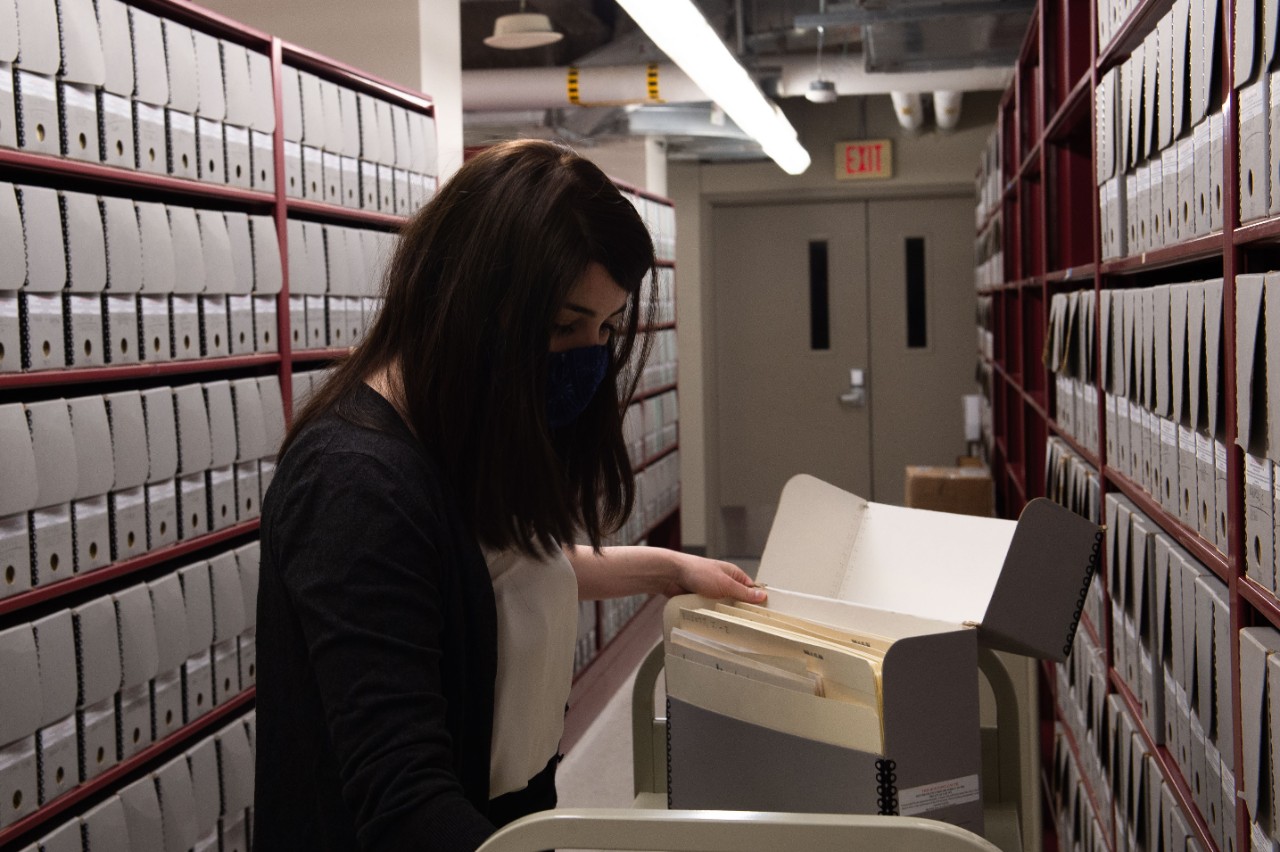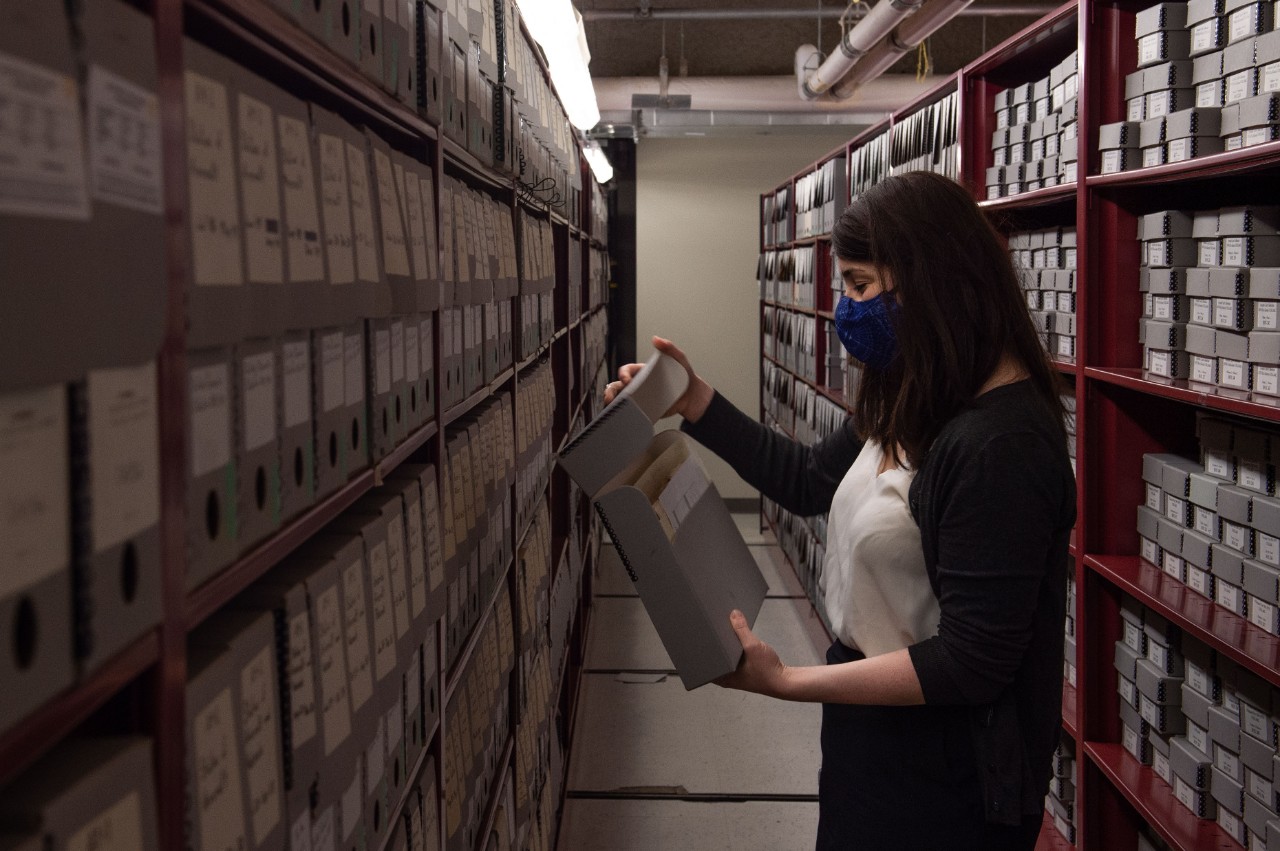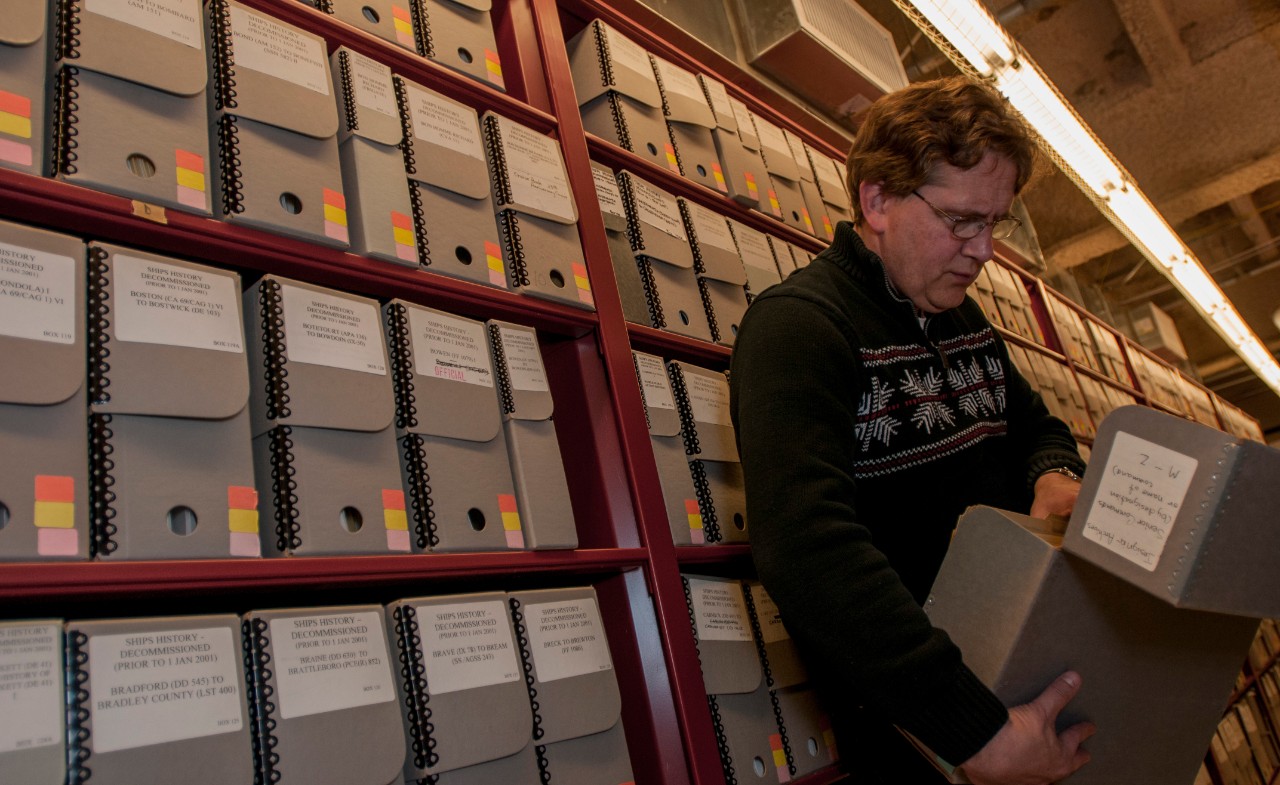The year 2020 can be described succinctly as historic and consequential. YOU can help tell the greater story by submitting your annual Command Operations Report (COR) to Naval History and Heritage Command (NHHC).
In accordance with Chief of Naval Operations (OPNAV) Instruction 5750.12K CH-1 and NAVADMIN 336/20, the deadline to summarize annual operations, exercises and activities for your command is March 1, 2021. Every command with a Unit Identification Code (UIC) that exceeds 25 people is required by OPNAV instruction to submit a COR. Commands with 25 or fewer full-time employees ─ military, civilian, and contractor combined – can have their immediate superior in command (ISIC) submit a COR on their behalf.
Reports submitted to NHHC are archived to serve as public records of naval history as well as resources for inquiries from veterans, Congress, media, and researchers. The COR submissions from more than 2,500 commands are essential in creating an annual record of operational Naval history. Without YOUR command’s report to reference, significant portions of the Navy’s historical narrative would be missing. Do not let the hard work and efforts of your command and people go unnoticed and unrecorded in the history of the institution.

“The CORs are vital in documenting our history. You have to think about the value and worth of these records one, ten, a hundred years from today. Reports could help corroborate a veteran’s claim with the Veterans Affairs or provide insight to future generations of Sailors and commanders,” said Amara Pugens, an archivist with NHHC in Washington, D.C.
The story of the year 2020 cannot be told without acknowledging the impacts of COVID-19 around the globe, and on our Navy. When compiling your COR, it is exceedingly important to remember to include information pertaining to the command's activities in response to COVID-19. Internal Navy news coverage has highlighted a number of unique communication tools used across the fleet to inform Sailors and their families about the virus and its effects. Be sure to include those communication efforts in your COR.
Beyond communication tools, consider other documents such as reports, briefs, messages, white papers, emails, and images that provide insight into your command’s activities in response to COVID-19. These materials may be included in the COR package as supporting reports. In the narrative section of your COR, include information recounting COVID-19 preparedness, challenges, impacts on operations, and command response. Dates corresponding to preparedness measures, incidents, and responses should be included in the chronology section.
Pugens added, “The CORs will be very interesting this year due to the pandemic. Every command should have some kind of documentation about COVID-19. These reports are the official records of each command’s response. They will become a resource of what worked, what did not, and how we can improve in the future.”

Including these items in the COR will ensure information and documents of historic significance not normally marked for permanent retention are saved. The classification level of this information should not be the determining factor for its inclusion. Similarly, no consideration should be given to whether the items collected present the collecting command or the U.S. Navy in a positive or negative light. As a learning organization, it is important for the Navy to gather all items to capture the full story of its response to the pandemic in order to learn its lessons and ensure we do not have to relearn them in future crises.
Unclassified COR materials must be submitted via NIPR to NHHC_COR@navy.mil. Classified materials must be sent via SIPR to NHHC_COR@navy.smil.mil. Based on guidance from Naval Reactors (NR), all NPW CORs regardless of classification level must be submitted via SIPRNet to NHHC_COR@navy.smil.mil. This includes all COR submissions for SSN, SSBN, SSGN and CVN commands.
Need help submitting a COR? Start with the governing instruction, OPNAVINST 5750.12K CH1, which outlines how to submit a COR. Here are some tips from the archivists at NHHC to help organize, build, and streamline your COR.
Identify an individual or team responsible for creating the report who will stay at the command for several years. The task can become more daunting if assigned to new staff members, unfamiliar with the process each year.
Consider breaking the annual report into quarterly submissions. Some commands have found success with reporting events, operations and achievements every several months that build a solid foundation for an annual report.
The command chronology and narrative are two different tasks, but both are required. A complete command chronology should list who, where, and when. The narrative is designed to give details of what happened in the chronology with supporting documents. Without a narrative, a chronology can often lack necessary details.
Do not forget to submit command triad photos (as JPEGs) and biographies.
If you modified your existing command crest or adopted a new one, be sure to include a high-resolution copy of the new crest (digital preferred) with a complete description to include color palettes, fonts (and their sizes), the crest’s symbolism, and an explanation of the motivation to make the change.
A late report is better than no report. The official due date for CORs is March 1, but you can request an extension by emailing NHHC_COR@navy.mil
Do not struggle in silence, reach out to Naval History and Heritage Command for help or with questions!

Also, visit NHHC’s website for guidance, frequently asked questions, tips on how to submit a COR, and a COR template: https://www.history.navy.mil/about-us/instructions-and-forms/submit-a-command-operations-report.html.
For more information or any questions, you may have please contact COR program office in the NHHC Archives Branch at NHHC_COR@navy.mil or 202-433-9873.
Naval History and Heritage Command, located at the Washington Navy Yard, is responsible for the preservation, analysis, and dissemination of U.S. naval history and heritage. It provides the knowledge foundation for the Navy by maintaining historically relevant resources and products that reflect the Navy's unique and enduring contributions through our nation's history, and supports the fleet by assisting with and delivering professional research, analysis, and interpretive services. NHHC is composed of many activities including the Navy Department Library, the Navy Operational Archives, the Navy art and artifact collections, underwater archeology, Navy histories, ten museums, USS Constitution repair facility and the historic ship Nautilus.
For more news from Naval History and Heritage Command, visit www.history.navy.mil.
--NHHC--
NOTE TO MEDIA: For more information, please contact the Naval History and Heritage Command public affairs office at 202-433-7880 or via email at nhhcpublicaffairs@navy.mil.


